
Feeding your horse for recovery after floods and natural disasters
New Zealand has been hit hard with several natural disasters including serious flooding, and the effects for horses have been truly devastating. We've created a list of feeding tips to help affected horses...











